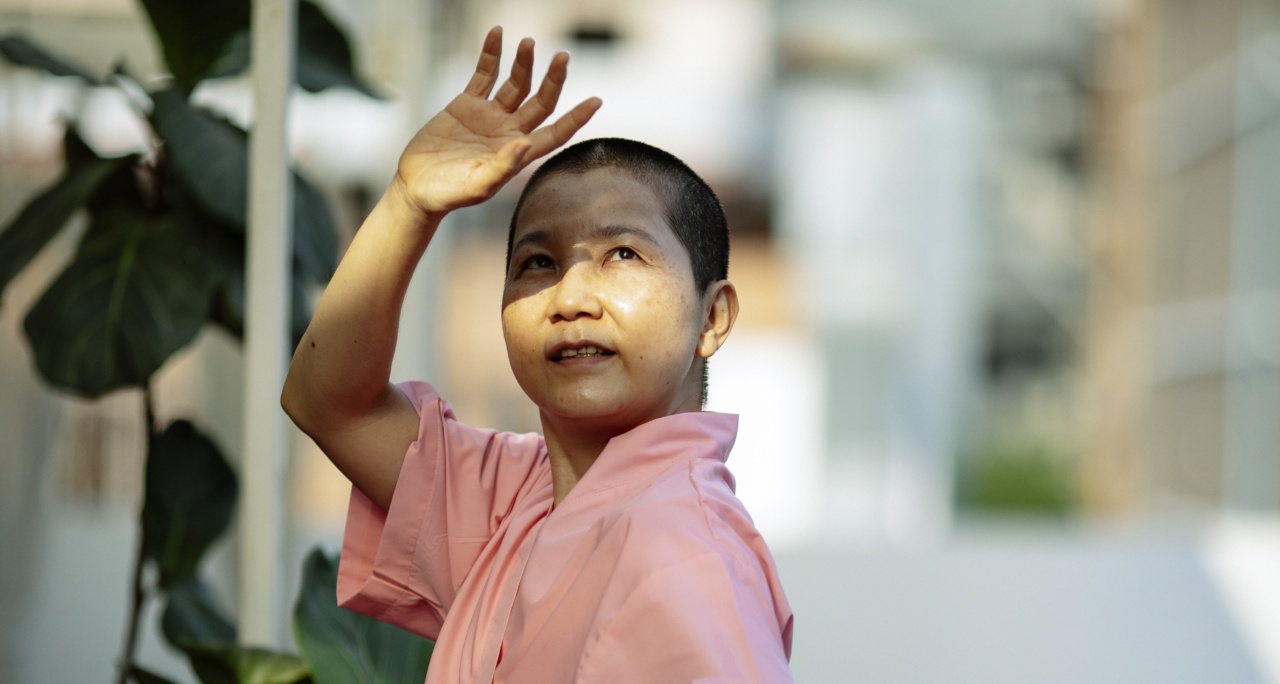In recent years, the use of dietary supplements for prostate cancer prevention has gained considerable attention. Prostate cancer, the second most common cancer in men worldwide, is a significant health concern.
While the primary treatment options for prostate cancer include surgery, radiation therapy, and hormone therapy, there is growing interest in preventive measures.
The Role of Diet in Prostate Cancer Prevention
Evidence suggests that dietary factors can significantly influence an individual’s risk of developing prostate cancer. Several studies have investigated the association between specific foods, nutrients, and the incidence of prostate cancer.
Researchers have identified various dietary components that may have a protective effect against prostate cancer, including fruits, vegetables, whole grains, and certain types of dietary supplements.
Antioxidants and Prostate Cancer
Antioxidants are substances that help protect cells from the damaging effects of free radicals, which are unstable molecules that can cause oxidative stress and contribute to the development of various cancers, including prostate cancer.
Some dietary supplements rich in antioxidants, such as vitamins C and E, selenium, and lycopene, have shown promise in reducing the risk of prostate cancer in certain populations.
Vitamin E Supplements and Prostate Cancer
Vitamin E is a fat-soluble vitamin that acts as an antioxidant. Some studies have suggested that vitamin E supplementation may reduce the risk of prostate cancer. However, other research has shown conflicting results.
In a large-scale clinical trial, vitamin E supplements were actually found to increase the risk of prostate cancer in men over the age of 50. Therefore, it is crucial to consult with a healthcare professional before starting any supplementation regimen.
Selenium Supplements and Prostate Cancer
Selenium is a trace mineral that also acts as an antioxidant. Like vitamin E, selenium supplementation has shown mixed results in terms of prostate cancer prevention.
Some studies have suggested a potential protective effect, while others have found no significant association. It is essential to note that excessive selenium intake can be harmful. Therefore, dietary sources such as Brazil nuts, fish, and poultry are preferred over supplementation.
Lycopene Supplements and Prostate Cancer
Lycopene is a natural pigment that gives certain fruits and vegetables their red color, such as tomatoes, watermelon, and papaya. Numerous studies have investigated the potential role of lycopene in preventing prostate cancer.
Some findings suggest that higher lycopene intake or supplementation may be associated with a decreased risk of prostate cancer. However, more research is needed to establish a definitive link.
Green Tea Extract and Prostate Cancer
Green tea is a popular beverage known for its potential health benefits. It contains various bioactive compounds, including polyphenols and catechins that possess antioxidant and anti-inflammatory properties.
Some studies have shown that green tea extract may exhibit chemopreventive effects in prostate cancer, including inhibition of tumor growth and reduced prostate-specific antigen (PSA) levels. However, further research is required to determine the optimal dosage and long-term benefits.
Omega-3 Fatty Acids and Prostate Cancer
Omega-3 fatty acids are essential fats that play a crucial role in maintaining overall health. They are commonly found in fatty fish, such as salmon, mackerel, and sardines, as well as flaxseeds and walnuts.
While omega-3 fatty acids offer numerous health benefits, their role in prostate cancer prevention remains unclear. Some studies suggest that omega-3 fatty acids may decrease the risk of aggressive prostate cancer. However, excessive intake or supplementation may have adverse effects. Therefore, moderation is key.
Zinc Supplements and Prostate Cancer
Zinc is a mineral involved in various physiological processes, including DNA synthesis and immune function. Some studies have explored the relationship between zinc status and prostate cancer development.
While zinc is essential for prostate health, excessive zinc intake through supplementation may have adverse effects. It is important to maintain a balanced zinc level and seek professional guidance if considering supplementation.
Exercise and Prostate Cancer Prevention
Physical activity is not a dietary supplement per se, but it plays a significant role in overall health and disease prevention, including prostate cancer.
Regular exercise has been associated with a reduced risk of developing aggressive forms of prostate cancer. Engaging in moderate aerobic activities, strength training, and maintaining a healthy body weight can contribute to an overall healthy lifestyle and potentially lower the risk of prostate cancer.
Conclusion
While the use of dietary supplements for prostate cancer prevention shows promise, it is crucial to approach them with caution.
It is always advisable to consult with a healthcare professional before starting any supplementation regimen, especially considering the conflicting and inconclusive evidence regarding certain dietary supplements. Adopting a balanced diet rich in fruits, vegetables, whole grains, and lean proteins, coupled with regular exercise, remains the cornerstone of prostate cancer prevention.



























